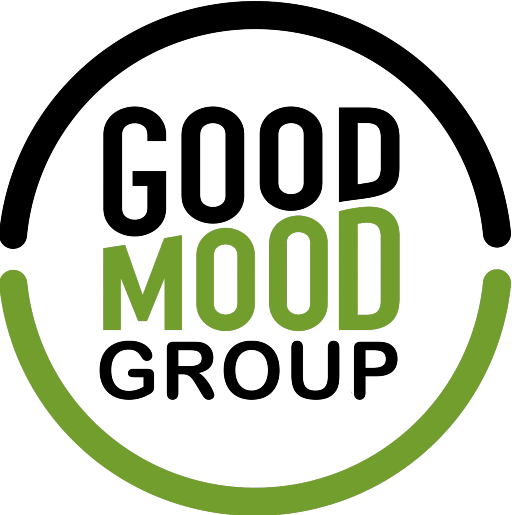After the seemingly endless days spent on repeat at home, many people are enjoying the end of lockdowns and the beginning of our new ‘COVID-normal’ lives. A lot of us, however, experience a mixture of excitement and anxiety. We welcome the ability to see our friends and family and to go to a café or the movies, but we also worry about the possible consequences of opening up to the new normal.
Now that we are no longer able to stay at home and avoid contact with others, some of us worry about the possibility of getting infected with coronavirus (SARS-COV-2) and getting seriously ill from COVID-19. Psychology research has shown that in general, our level of anxiety is primarily determined by two subjective judgments: the perceived likelihood of something bad happening, and the perceived harmfulness of that outcome. People who are very anxious tend to overestimate either the likelihood or the harmfulness (or both) of what they fear. Therefore, these judgments need to be adjusted to reflect reality, rather than our own subjective (over)estimations.
We have lived with daily reminders of the possibility of serious illness or death from COVID for nearly two years. Understandably, some of us may be reluctant to risk that possibility and do not welcome the idea of going back to the office or sending children back to school. However, it is now important to reset our mental image about COVID and to remind ourselves that vaccinations greatly reduce the possibility of becoming seriously ill, as well as the possibility of getting infected with the virus. In other words, both the likelihood of a bad outcome (getting infected) and its harmfulness (getting seriously ill as a result of an infection) is now greatly diminished. That reminder should allow the more nervous amongst us to slowly get used to the idea that we need to live with the virus circulating in the population, and that we can adjust to the new normal while taking reasonable precautions to avoid infection.
Of course, we need to enter our new COVID-normal life at our own pace. While some are happy to jump into socialising again, others might be less keen. Indeed, for those of us on the introverted end of the introversion-extroversion spectrum, the lockdown may have provided a welcome reprieve from the pressures of a busy social life. Introverts may enjoy social functions, but they also need to spend time alone to recharge. Now, as we no longer have the lockdown as an excuse to prioritise our own time and say no to social invitations, we need to learn to set boundaries. It is indeed ok to have fewer social engagements and to enjoy the quieter periods that the lockdown allowed us to have. If you enjoyed your alone time during the lockdown, there is no reason why you should give in to the pressures of social expectations and say yes to all invitations. Take your time.
Perhaps an important experience for many of us who were able to take time to reflect on our lives during the COVID years was a rethinking of our values and priorities. You may have found that the time spent with family and children, or the attention given to your own health and well-being during the lockdown was a welcome change from your previous life. Trying to remember those priorities and resisting pressure to jump back into a more frantic, high-pressure life we lived previously may be an important challenge in the coming months.
Whatever the challenge you find yourself facing, it is important to take your time. We are in uncharted territory. Having compassion towards yourself and towards others who are struggling to navigate these unprecedented, uncertain times is the most important attitude we need to carry forward from our two years of living with COVID.
Dr Marianna Szabo is a Clinical Psychologist, a leading expert in Mindfulness and a Senior Lecturer in Psychology at the University of Sydney.
